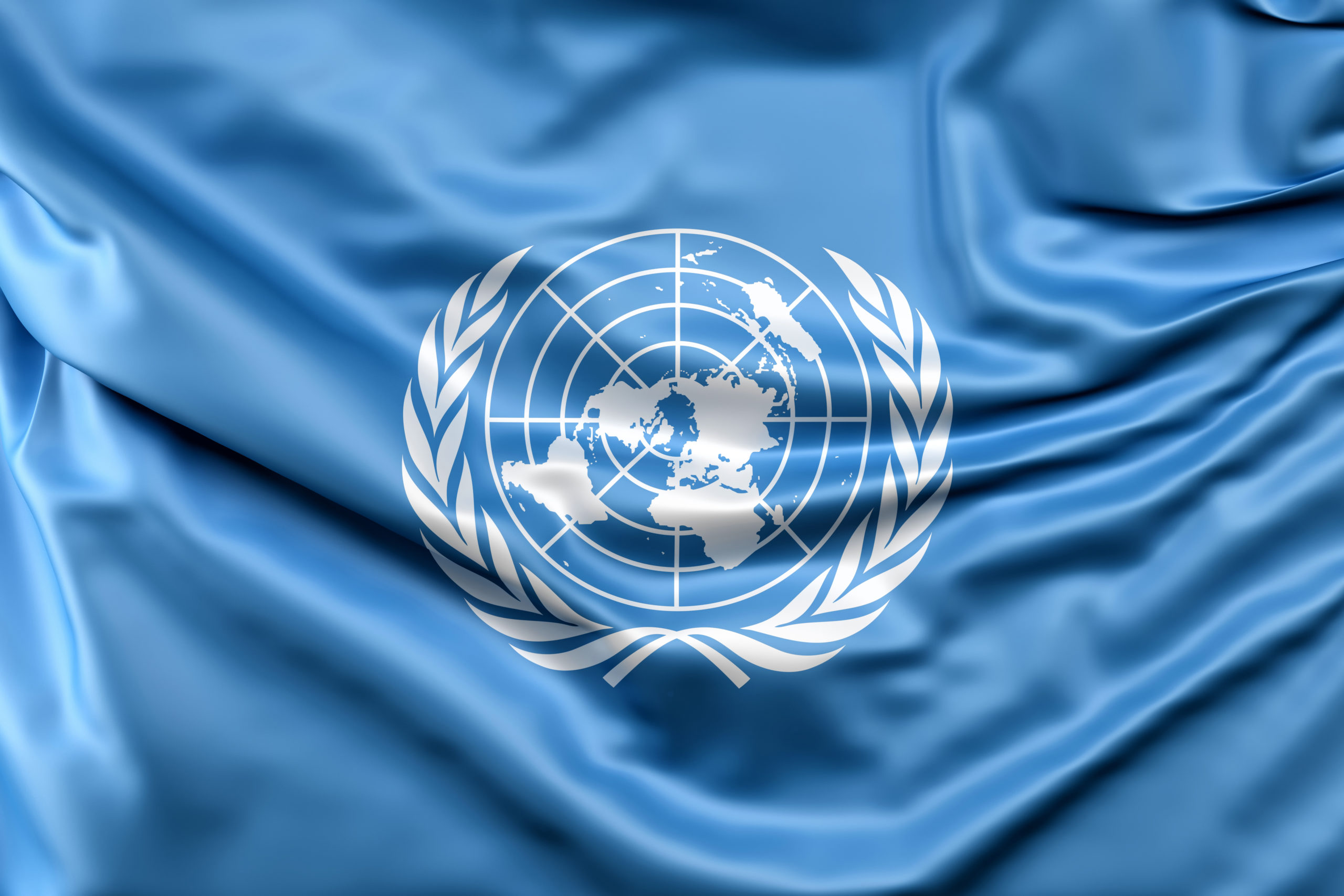Original article (in Montenegrin) was published on 05/10/2023; Author: Marko Vukajlović
The ongoing discussions surrounding Russia’s proposal at the United Nations General Assembly (UNGA) to combat the glorification of Nazism have persisted for several years, consistently sparking debates and disinformation, particularly from those in open support of Russia.
The Resolution was adopted again this year, with the repeated refusal of EU countries and other Western states to support it. Aligned with the EU’s foreign policy, Montenegro was among the countries that did not vote for the Resolution proposed by Russia since 2013.
IN4S reported about it in the following manner:
“Montenegro votes for Nazism and Neo-Nazism: Aligning with the West even when promoting anti-values!”
IN4S states that 112 countries voted in favor of the Resolution, including Serbia, with 50 against, and 14 abstained.
However, as Raskrinkavanje.me explained earlier drawing on the example of Bosnia and Herzegovina, the issue at hand is far from a straightforward, black-and-white situation. Those who oppose the Resolution proposed by Russia are not automatically endorsing or aligning with Nazis or neo-Nazis. To understand the context of the Resolution and, consequently, the voting in the UN, Raskrikavanje, another SEE Check member, wrote about this matter in their research titled Russian Resolution in the UN used to portray the US and Ukraine as Nazi states last year:
“For years, the US has voted against adopting this document. As reported by Voice of America in 2014, the reasons for such a stance include language issues ‘that could be interpreted as limiting freedom of speech and assembly’.
The US representative, Terry Robl, stated at the UN session that ‘the Russian government uses this rhetoric during the current crisis in Ukraine against the current Ukrainian government.’ So, the US believes that terms like Nazism and fascism in this Resolution are used too loosely ‘to blacken other countries.’ Professor of International Relations at The New School in New York, Nina Hruschova, explained that the problem lies not in the resolution, which had broad international support, but in Russia’s use of these terms for its political purposes.
According to her, it is a need to ‘brand’ Ukraine—the government in Kyiv, some of its actions, or some affiliation with the Kyiv government – ‘as a kind of branch of Nazi ideology,’ Hruschova clarified.”
AFP reports that “EU members explained in 2014 that numerous problems were identified regarding the resolution, including that it ‘does not address all contemporary forms of racism comprehensively’ and that its language threatens to limit the rights to freedom of expression and assembly.”
Therefore, the mentioned countries, including Montenegro, did not vote for the Resolution because they saw it as part of Russian propaganda and a tool for Russia to settle scores with Ukraine. Also, EU and United States representatives explained this year why they do not support the Russian proposal.
“We strongly condemn the political abuse of the anti-Nazi narrative and unanimously reject the inaccurate and inadequate use of the term ‘denazification,’ justifying Russia’s inhuman, cruel, and illegal war aggression against Ukraine. Under the false pretext of fighting Nazism, Russia has brought the horrors of war back to Europe,” said the EU representative at the UN in explaining the vote, adding that the joint fight against modern forms of extremism and totalitarian ideologies, including neo-Nazism, remains a key priority for the EU.
The US delegation explained that their country is proud to have fought on the side of the Allies, alongside the Soviet Union, in World War II, categorically condemning the glorification of Nazism and all contemporary violent extremism, anti-Semitism, Islamophobia, racism, xenophobia, and discrimination.
“The US continues to oppose the manipulation of the UN system by the Russian Federation to spread disinformation. This Resolution is Russia’s attempt to achieve its geopolitical goals,” said the US delegation.
In summary, it is evident that EU member states and other nations opposing the Resolution, Montenegro included, did not endorse “Nazism and neo-Nazism” as asserted by IN4S.
The IN4S post is rated as – manipulation of facts.
The “Manipulation of facts” rating is given to a media report that uses well-known and accurate facts but deceptively interprets them. These reports generally use accurate information to draw incorrect conclusions or claims, thus steering the conclusions of consumers of media content in the wrong direction in relation to the actual meaning of the facts presented.



